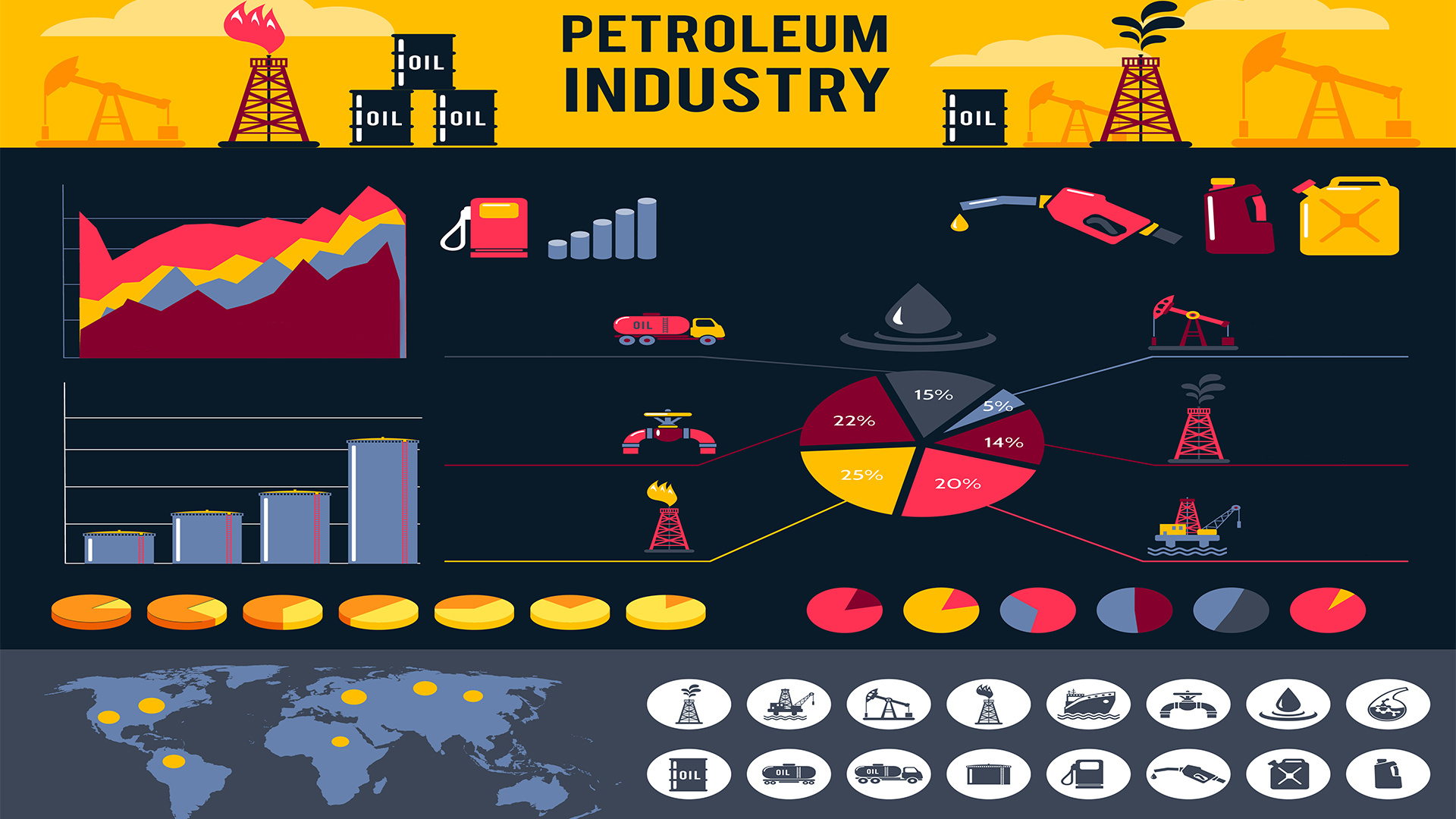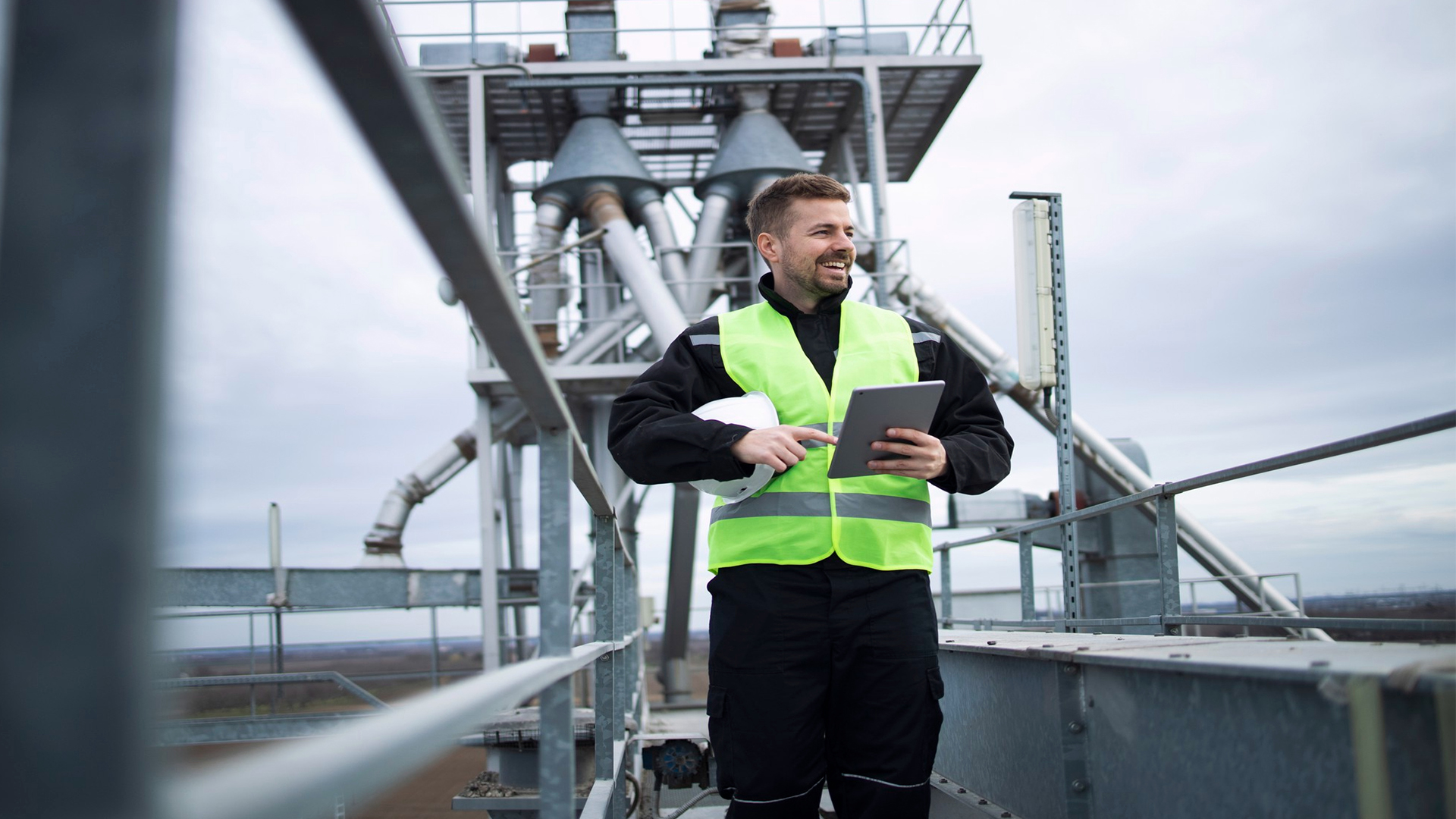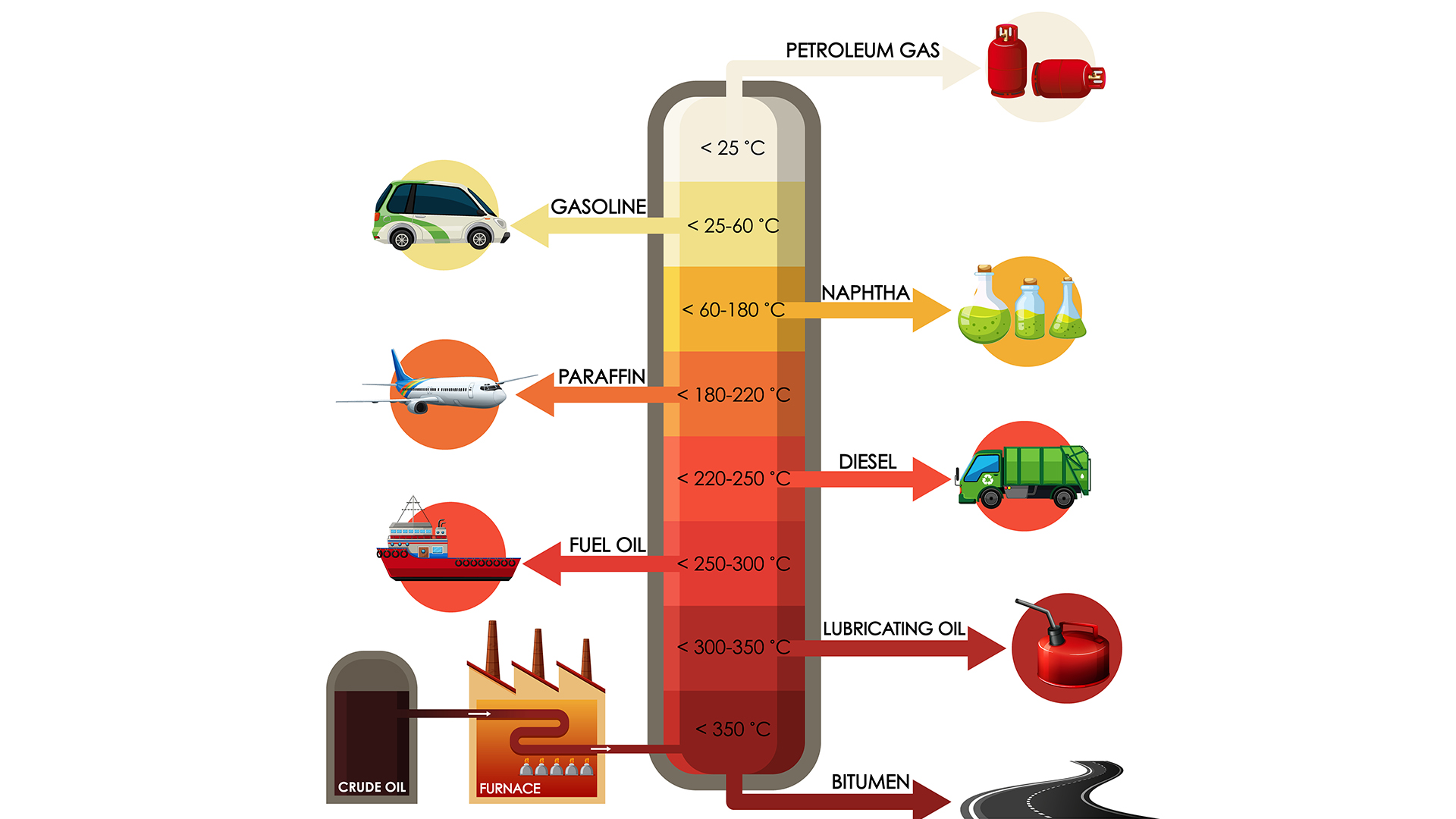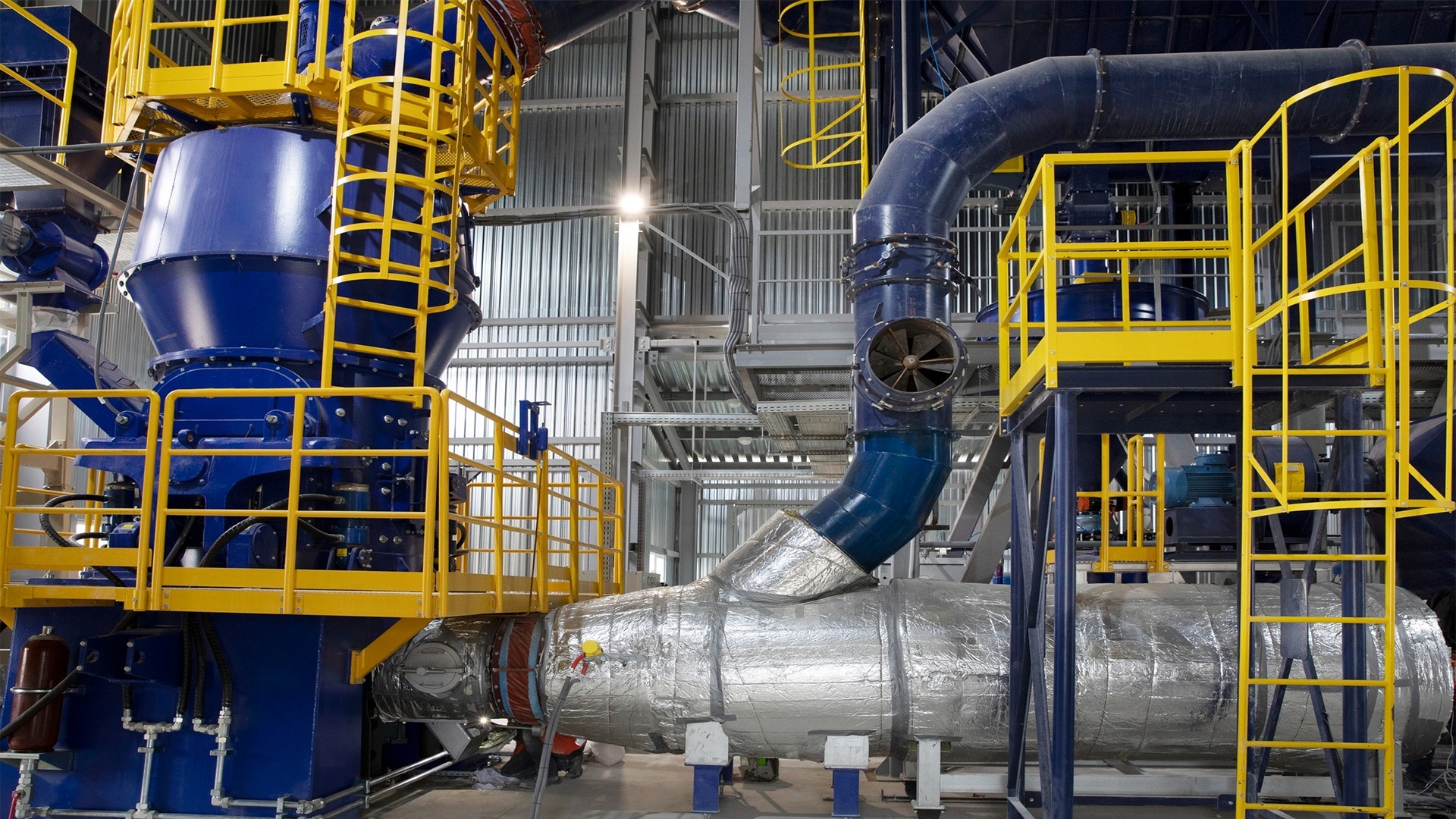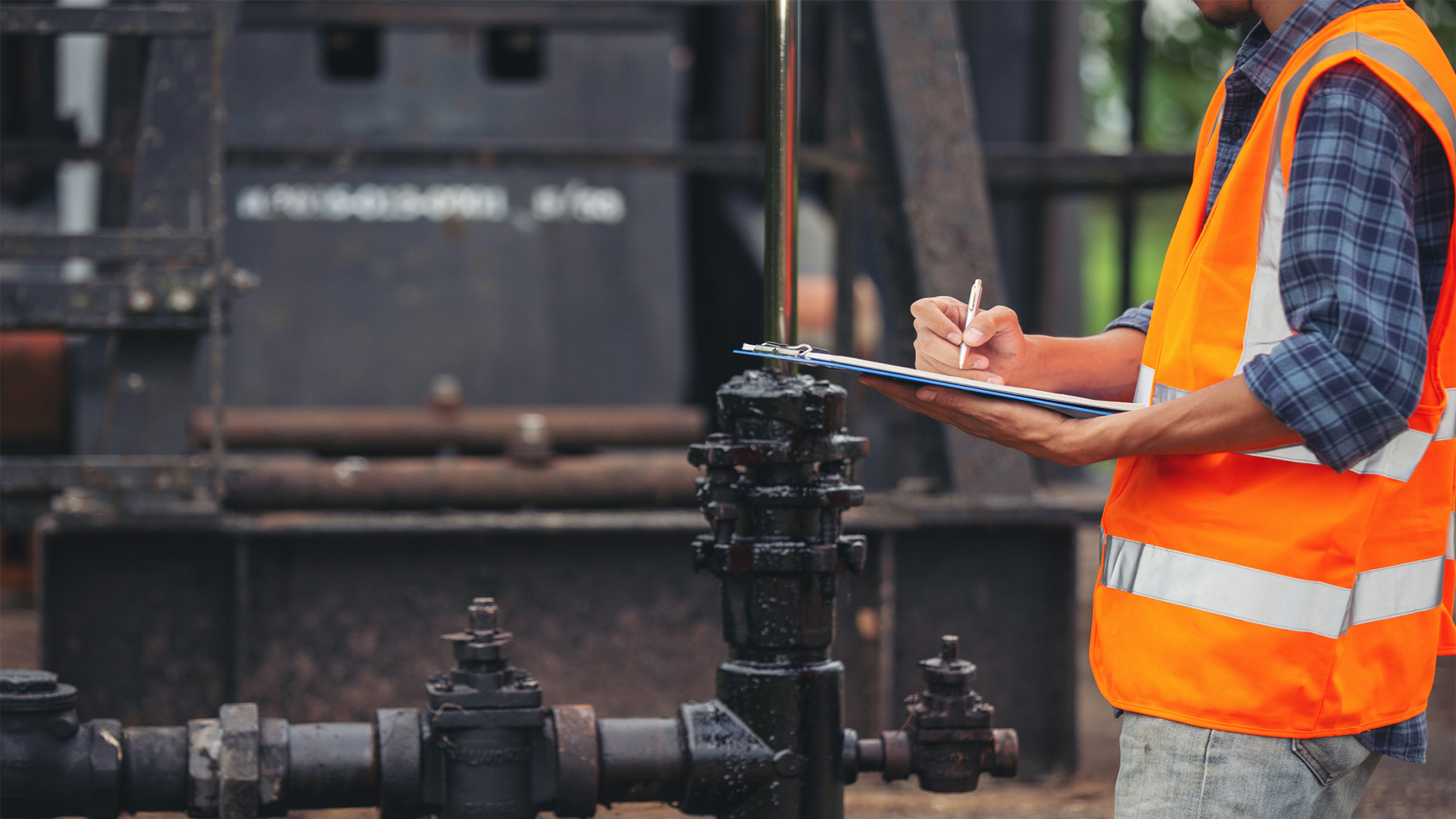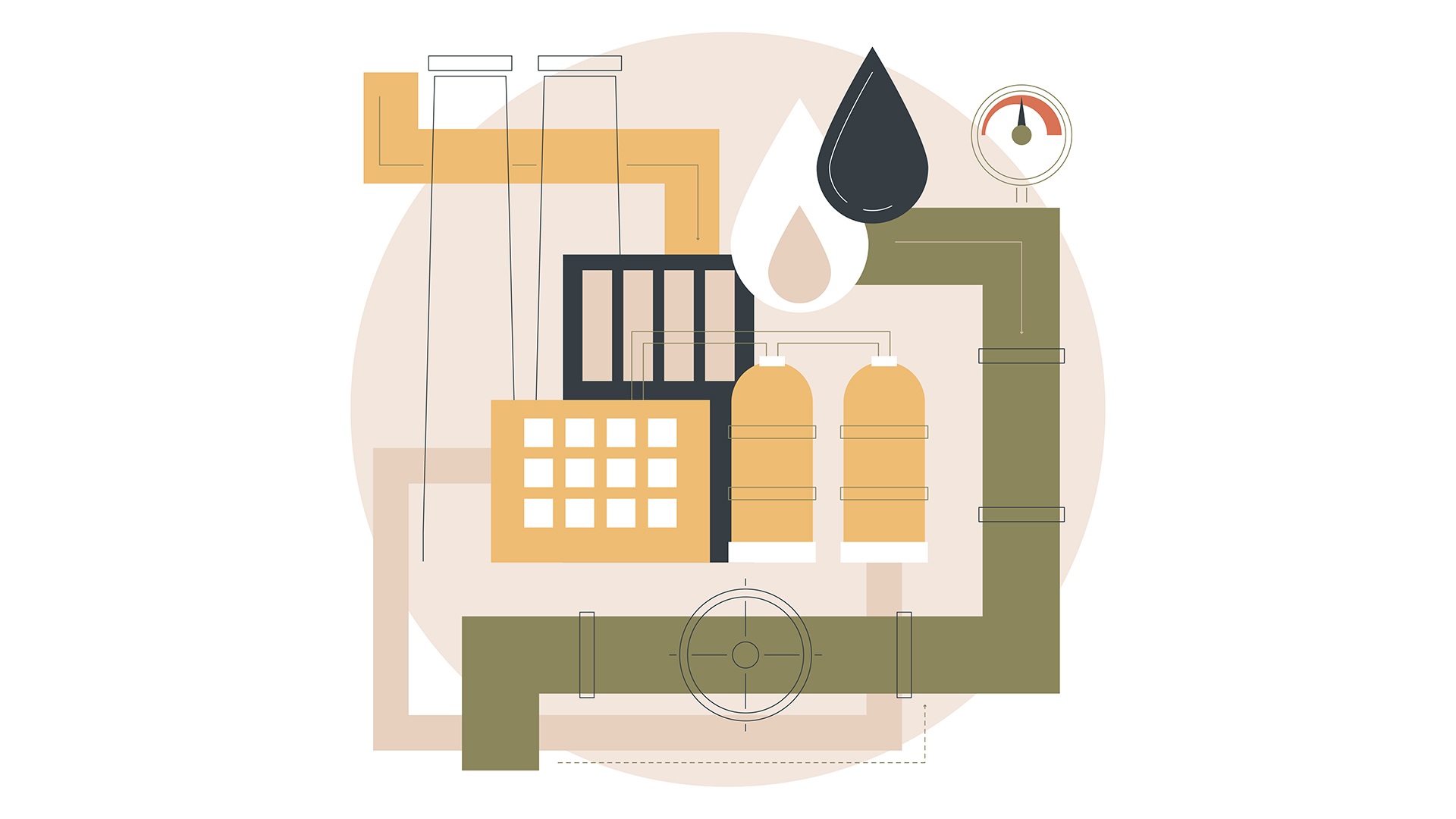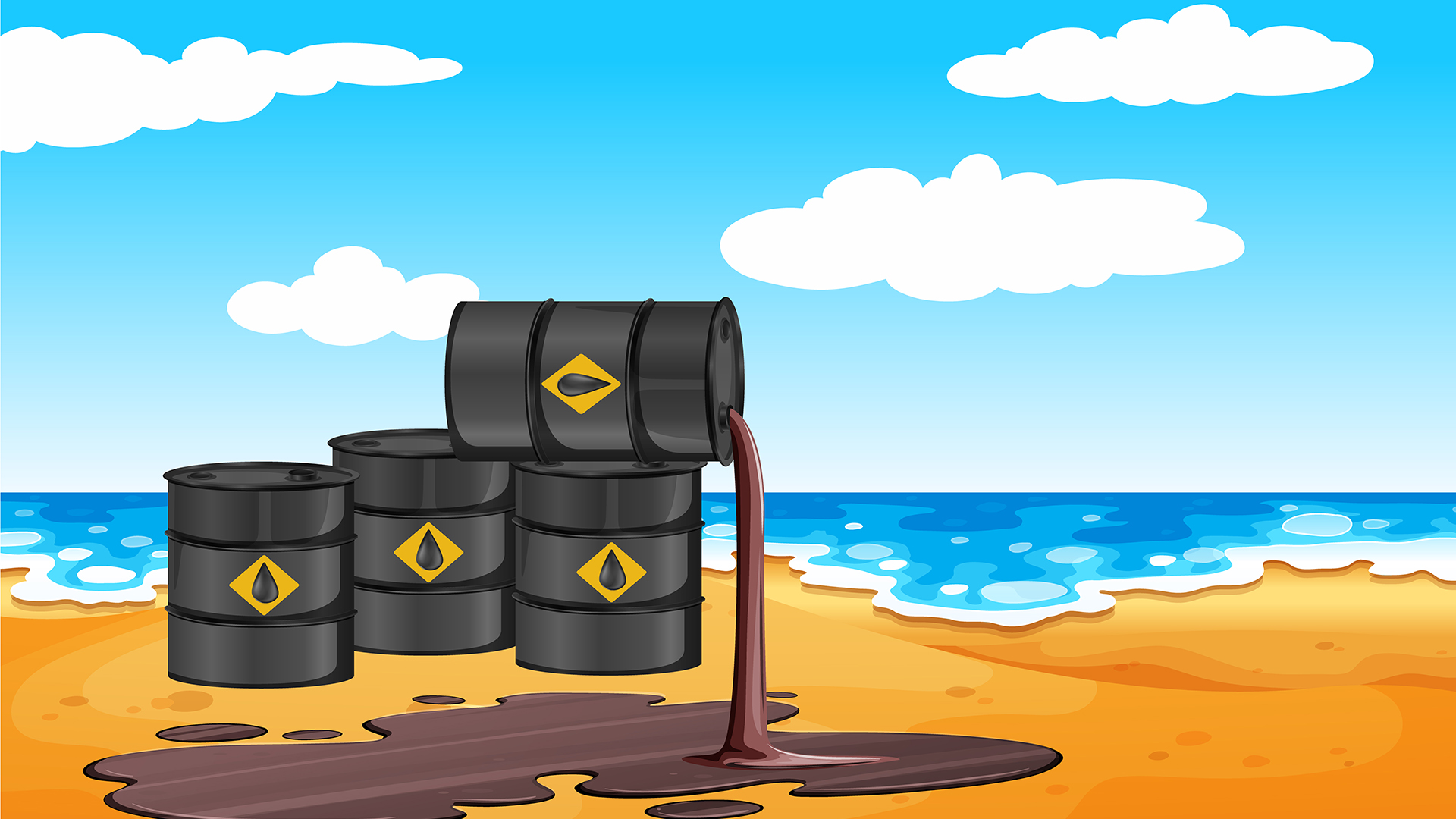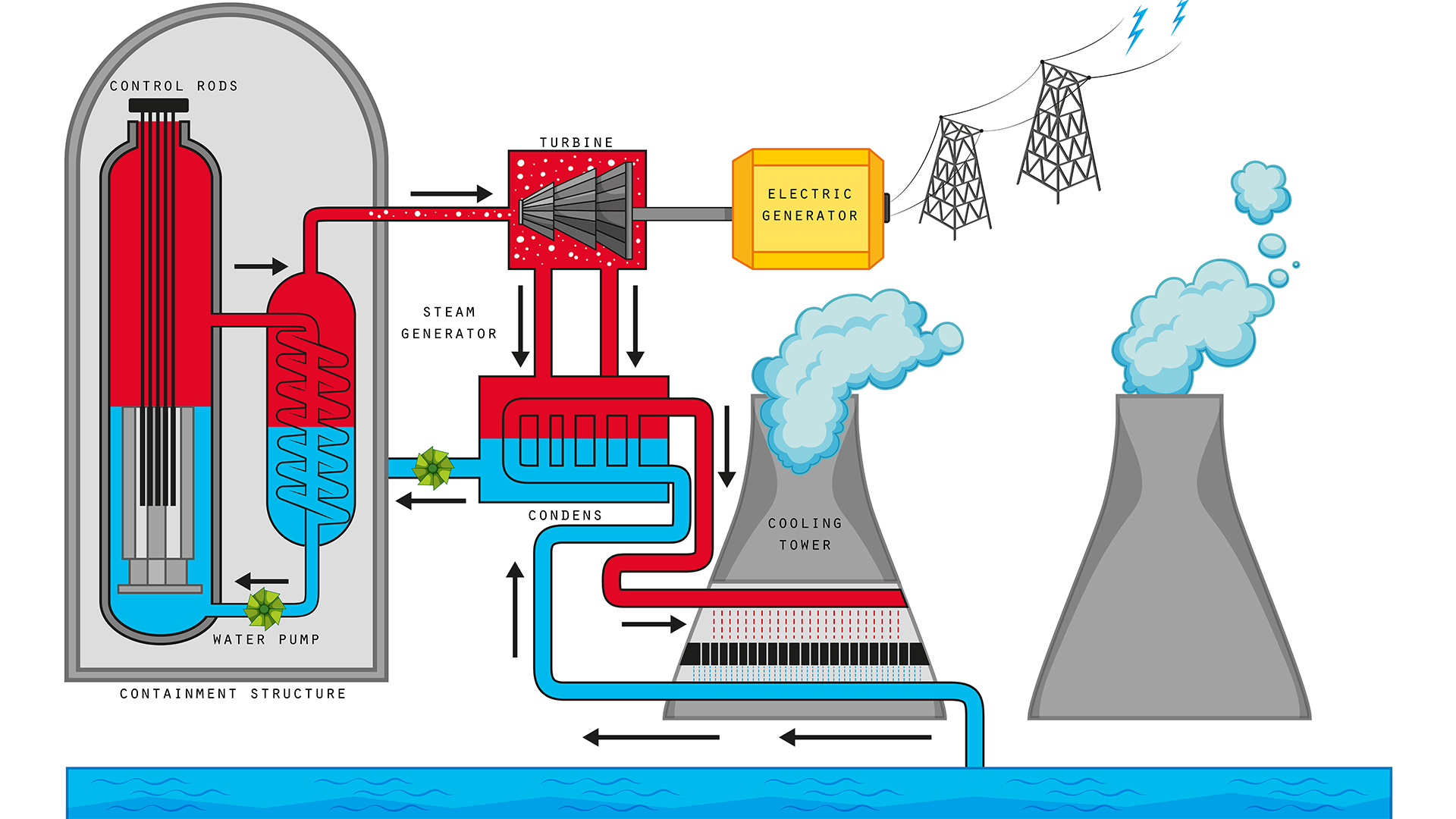
PVT Properties Analysis & Gas Reservoir Fluids
Course overview
Why is PVT Analysis crucial? Understanding and predicting the volumetric performance of a gas reservoir as a function of temperature and pressure can be done with the use of PVT properties study. Learning about the PVT characteristics of gas reservoir fluids is crucial.
When conducting tests on subsurface reservoir fluid samples, laboratory analysis is typically used to determine the fluid properties. It is crucial to forecast the gas properties using empirical correlations when experimentally based measured values are not available.
When fluid is produced at the surface, PVT features offer insight into the design of surface production facilities and the gas reservoir depletion process. In order to forecast the reservoir’s performance in the future, a reservoir simulation model is created using these fluid properties.
Participants will gain comprehensive knowledge and understanding of determining the PVT parameters of a gas reservoir fluid by completing this Training Bee training course. With the help of experimental and correlation tools, you will be able to ascertain a gas reservoir fluid’s property through this course. This will help a reservoir engineer better grasp how to handle gas reservoirs during production and better execute the reservoir simulation model for a gas reservoir.
Introduction
Understanding the key concepts and procedures involved in characterizing and optimizing gas reservoirs in the oil and gas sector requires a basic understanding of PVT (Pressure-Volume-Temperature) Properties Analysis of Gas Reservoir Fluids. Participants will leave this course with the fundamental knowledge and useful skills needed for efficient reservoir analysis.
The behavior of reservoir fluids under varied pressure, volume, and temperature circumstances is crucial to the exploration and production of oil and natural gas. With an emphasis on gas reservoir fluids specifically, this beginning course aims to give participants a thorough foundation in PVT characteristics investigation.
We are The Training Bee, a global training and education firm providing services in many countries. We are specialized in capacity building and talent development solutions for individuals and organizations, with our highly customized programs and training sessions.
To put it briefly, an Introduction to PVT Properties Analysis of Gas Reservoir Fluids provides a thorough understanding of the fundamentals and real-world applications of PVT analysis, guaranteeing that participants are equipped to make valuable contributions to resource development and efficient reservoir management in the oil and gas sector.
Learning Objectives
Upon completing PVT (Pressure-Volume-Temperature) Properties Analysis of Gas Reservoir Fluids, participants will be able to:
- Utilize phase diagrams to apply your understanding of phase behavior during gas reservoir production.
- Determine and elucidate the main elements of each gas reservoir system’s phase diagram.
- Estimate the PVT characteristics of the gas reservoir fluid needed to perform volumetric calculations.
- Describe the physical and essential characteristics of each individual component of the gas reservoir fluid.
- Using correlations derived empirically, ascertain the qualities of the gas.
- List the connections between Pressure, Volume, and Temperature (PVT) as well as the Chemical and Physical Properties of Gases.
- Showcase a lab-based experiment to analyze the qualities of the gas reservoir fluid.
- Recognize the significance of complex mathematical expressions for different equations of states for gas reservoir fluid.
Our Unique Training Methodology
This interactive course comprises the following training methods:
- Journaling – This consists of setting a timer and letting your thoughts flow, unedited and unscripted recording events, ideas, and thoughts over a while, related to the topic.
- Social learning – Information and expertise exchanged amongst peers via computer-based technologies and interactive conversations including Blogging, instant messaging, and forums for debate in groups.
- Project-based learning
- Mind mapping and brainstorming – A session will be carried out between participants to uncover unique ideas, thoughts, and opinions having a quality discussion.
- Interactive sessions – The course will use informative lectures to introduce key concepts and theories related to the topic.
- Presentations – Participants will be presented with multimedia tools such as videos and graphics to enhance learning. These will be delivered engagingly and interactively.
Training Medium
This PVT (Pressure-Volume-Temperature) Properties Analysis of Gas Reservoir Fluids training is designed in a way that it can be delivered face-to-face and virtually.
Course Duration
This training is versatile in its delivery. The training can be delivered as a full-fledged 40-hour training program or a 15- hours crash course covering 5 hours of content each day over 3 days
Pre-course Assessment
Before you enroll in this course all we wanted to know is your exact mindset and your way of thinking.
For that, we have designed this questionnaire attached below.
- In the context of gas reservoir fluids, what does PVT stand for, and why is it crucial for the oil and gas sector to analyze PVT properties?
- Explain the fundamental ideas behind the ideal gas law and how it’s used to determine how gases behave at different pressure and temperature levels.
- What are the main constituents of gas reservoir fluids, and how do they affect the reservoir fluid’s PVT characteristics?
- Give a general understanding of the various phases of gas reservoir fluids and how pressure and temperature variations affect them.
- Describe the idea of a phase envelope and its importance for comprehending the phase behavior of fluids in gas reservoirs.
Course Modules
This PVT (Pressure-Volume-Temperature) Properties Analysis of Gas Reservoir Fluids covers the following topics for understanding the essentials of the Agile Workplace:
Module 1 – PVT (Pressure, Volume, and Temperature) Fundamentals
- Synopsis of PVT Examination
- Chemical Make-Up of Hydrocarbon Fluid
- Categorization of Gas Storage Tanks
- Behavior in Phases for the Gas Reservoir System
- The physical attributes of the gas reservoir system
Module 2 – General Natural Gas Characteristics and Behavior
- Molecular weight apparent
- Particular gravity
- Factor of compressibility
- Intensity
- Particular volume
- Compressibility coefficient of isothermal gas
Module 3 – Techniques for Sampling Reservoir Fluid
- RFT specimens
- Sampling from the bottom hole
- Sampling of separators
- Samples from the head
Module 4 – PVT Evaluation and Control of Quality
- Analysis of Composition and Quality Assurance
- Chromatographic Gas
- Analysis of Natural Gas
- Analysis of True Boiling Point (TBP)
- Contents of bottom hole samples
- Reorganized sample arrangement
Module 5 – PVT Tests (Reservoir for Gas Condensate)
- Recombination and separator sample analysis
- Valuing the link between pressure and volume
- Test for constant-composition expansion
- Volume Depletion Test (CVD) Constant
- PVT Data Correctness
- Consistency checks of PVT data
Module 6 – Reports on PVT Laboratory Analysis
- Reports on Dry Gas Reservoirs
- Reports on Gas Condensate Reservoirs
Module 7 – Utilizing PVT Analysis
- Calculations for Gas Reservoir Engineering
- Flow Behavior in Fluids
- Gas in Place Estimate
Module 8 – The Cubic Equation of State’s Foundation
- Equation of State -Ideal Gas Law
- Behavior of Real Gases
- Cubic EOS
- Der Waals
Module 9 – Reservoir Fluid Characterization Using EOS Application
- Adaptive Modeling
- PVT Assigning
- Model EOS
- EOS model compatibility with experimental data
Post-course Assessment
Participants need to complete an assessment post-course completion so our mentors will get to know their understanding of the course. A mentor will also have interrogative conversations with participants and provide valuable feedback.
- Give an explanation of PVT analysis and its importance to the oil and gas sector, focusing on the fluids used in gas reservoirs.
- Explain the elements that make up gas reservoir fluids and how they affect the reservoir fluid’s PVT characteristics.
- Describe the various phases that gas reservoir fluids can go through as well as how temperature and pressure variations impact phase behavior.
- Talk about the idea of a phase envelope and how crucial it is to comprehend phase behavior in fluids used in gas reservoirs.
- Describe the important variables and the tests that were utilized to ascertain the essential characteristics, phase behavior, and compressibility factor of PVT.
- What effects do PVT properties have on the design of production operations and reservoir engineering in the oil and gas sector? Give precise instances.
Lessons Learned
Basic Knowledge: Participants will have gained an understanding of the basic concepts influencing how gas reservoir fluids behave under various pressure and temperature circumstances, as well as the ways in which ideal gas behavior is not always followed.
Real Gases vs. Ideal Gases: Students will understand the differences between real and ideal gases as well as the importance of taking real gas behavior into consideration when doing reservoir analysis and engineering.
Components and Composition: It is crucial to comprehend the elements that make up gas reservoir fluids as well as how their makeup affects PVT characteristics. Accurate reservoir modeling and management are made possible by this knowledge.
Phase Behavior: To help participants anticipate phase transitions and their implications on reservoir performance, the course will place a strong emphasis on understanding phase behavior in gas reservoir fluids.
